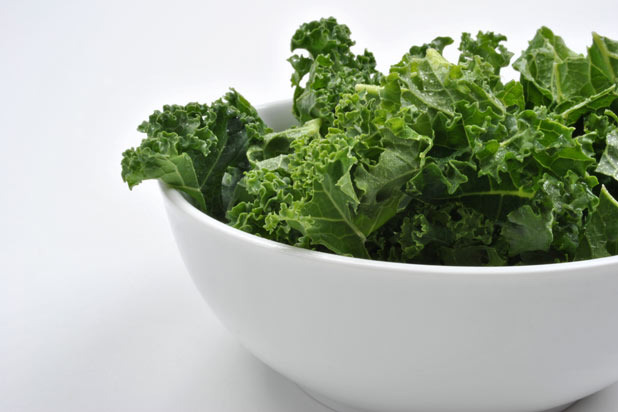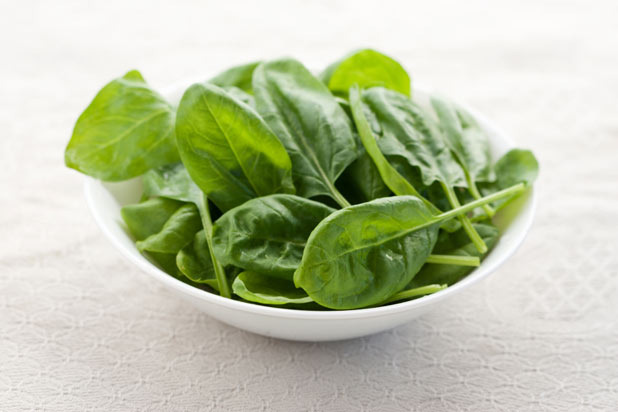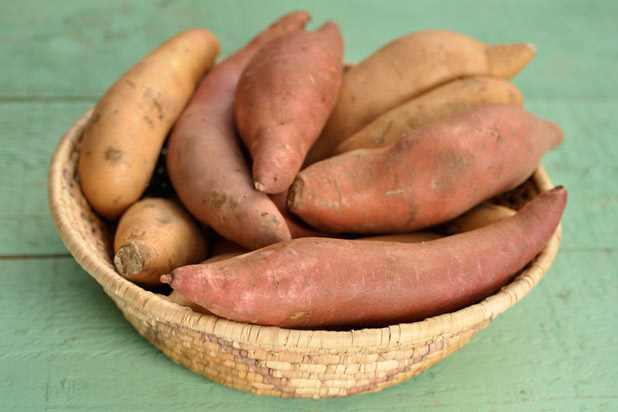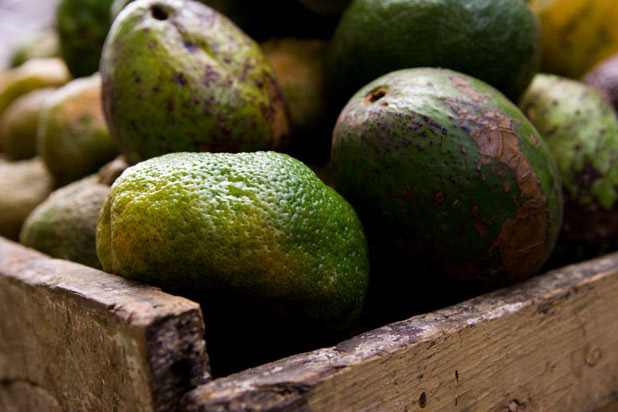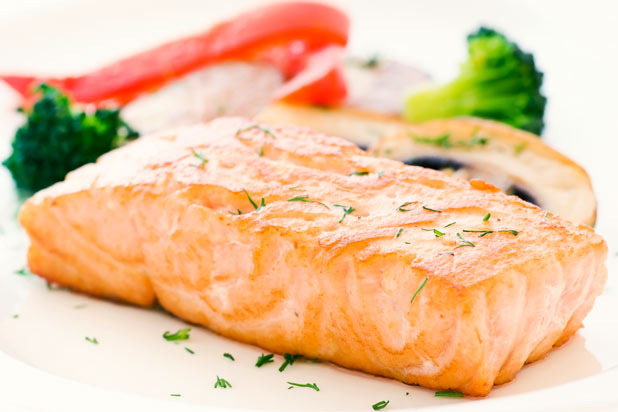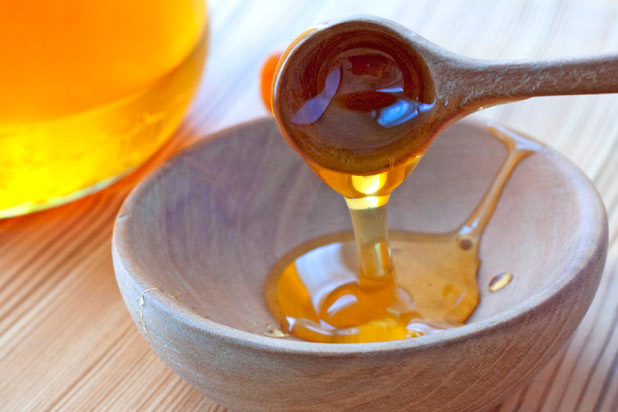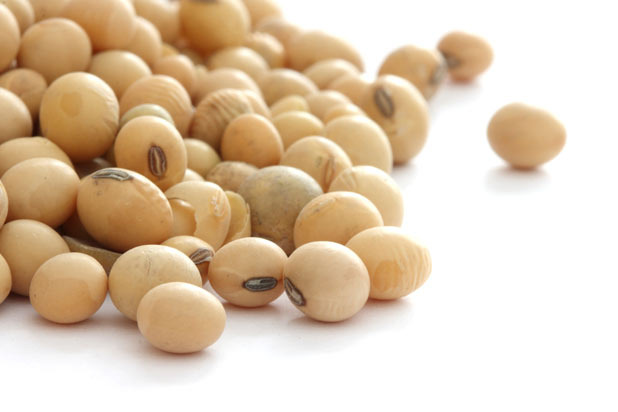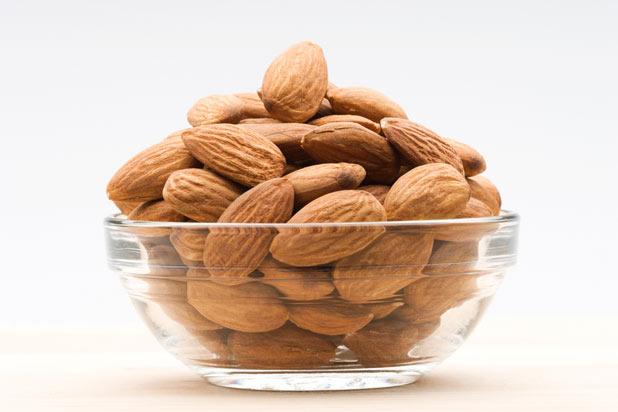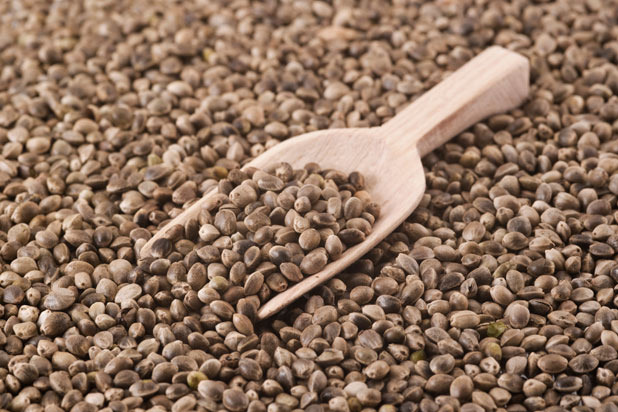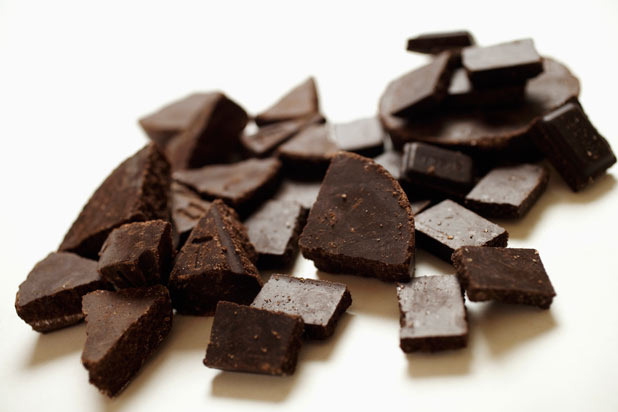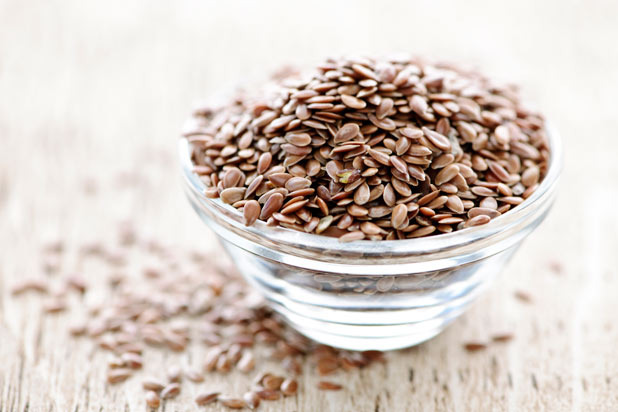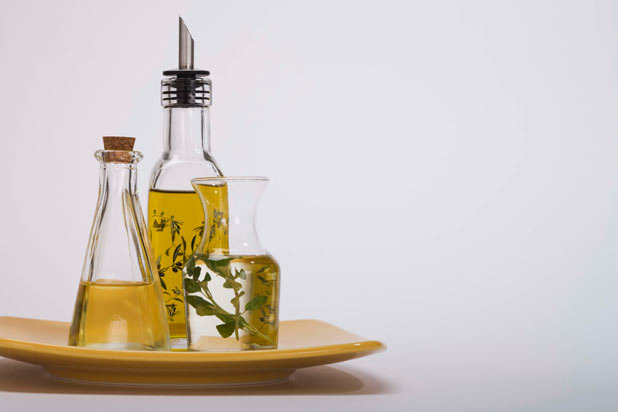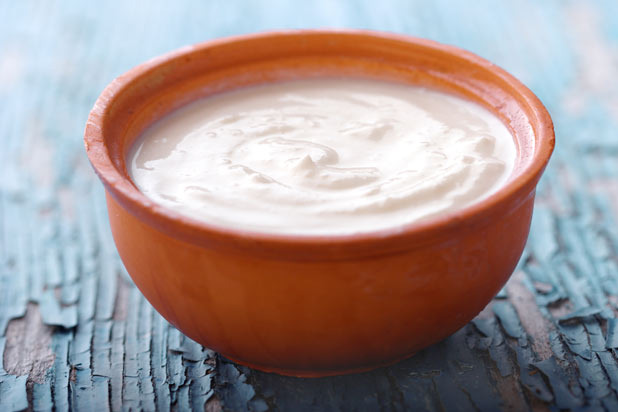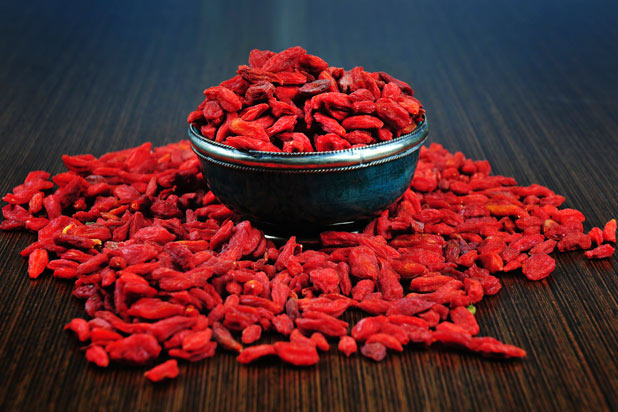Your Multivitamin Diet Slideshow
Known as a "supergrain," quinoa is a complete protein, meaning it can help our bodies with their daily functions, including tissue repair. A daily intake of quinoa provides you with essential nutrients like calcium, magnesium, folate, and phosphorus.
Kale
Kale is one of the healthiest vegetables and is packed with vitamin K, which helps with blood clotting and keeping your bones healthy. One cup of this dark, leafy green contains 180 percent of the recommended daily intake of vitamin A and 200 percent of the recommended daily intake of vitamin C, and best of all, it is only 36 calories.
Spinach
Spinach is a great source of vitamin K, calcium, and magnesium, all of which help with bone health. This vegetable is also rich in antioxidants, which can help lower the risk of cancer and heart disease.
Sweet Potato
The orange color of sweet potatoes indicates they are a good source of beta-carotene, which causes your body to produce vitamin A. Sweet potatoes are also rich in vitamin C, vitamin D, vitamin B6, iron, and magnesium.
Avocado
Avocado is a good source of monounsaturated fat, which is also known as "healthy fat" because it can help lower cholesterol. Avocados are also rich in vitamins E and C, both of which have antioxidant properties to help reduce your risk of heart disease and cancers.
Salmon
Salmon is a diet essential because it contains nutrients that are not found in many other foods, including vitamin D and omega-3 fatty acids. A 4-ounce piece of salmon contains more vitamin D than the recommended daily intake. Vitamin D is essential for bone and teeth health, and it has also been shown to benefit the immune system. Omega-3 fatty acids are necessary for healthy joints and a healthy brain, and have also been shown to help prevent heart disease.
Honey
Honey is a great natural sweetener because, unlike processed white sugars, it can help balance one's blood sugar. Because bees add a substance to honey that, when combined with water, produces hydrogen peroxide, honey has also been shown to have anti-bacterial and anti-fungal properties. Finally, honey is a good source of flavonoids, which help prevent heart disease and cancer.
Soy Beans
Soy beans are a type of legume and are rich in iron, calcium, and zinc. The soy in soy beans is beneficial to one's health because a regular intake has been shown to help improve heart health and lower blood pressure. Eating two to three servings of soy each day is thought to help reduce menopausal symptoms.
Almonds
Known to be the most nutrient-dense nut, almonds are a good source of fiber and protein, which means they keep you feeling full longer. These nuts also contain vitamin E and magnesium.
Hemp Seeds
Hemp seeds are full of polyunsaturated fats, which can help lower cholesterol. These seeds also have essential fatty acids, including omega-3, omega-6, and gamma-linolenic acid (GLA), all of which help reduce inflammation and can help prevent arthritis, heart disease, and cancer. Fatty acids are also essential for learning and memory processes.
Dark Chocolate
In moderation, dark chocolate has many health benefits. First of all, it is a good source of flavonoids, which work as an antioxidant. Dark chocolate can also help with heart health by lowering cholesterol, promoting good blood flow, and preventing blood clots. Eating dark chocolate releases endorphins in your brain, which can increase concentration and heighten one's mood.
Flaxseed
Flaxseed is a good source of both omega-3 fatty acids and fiber. Omega-3 fatty acids help to reduce the thickness of blood, which can help prevent blood clots and heart disease. Flaxseed contains both soluble and insoluble fiber, making it a great food to add to your diet, as soluble fiber has been shown to lower cholesterol, which helps prevent heart disease.
Olive Oil
Olive oil contains a wide variety of polyphenols, which act as both antioxidants and anti-inflammatory agents. This cooking oil is also a great source of healthy fats, including monounsaturated fat and omega-9 fatty acids.
Greek Yogurt
Many people enjoy Greek yogurt because of its rich and creamy texture, and it's great to add to your diet because it contains about twice as much protein as regular yogurt, meaning you'll feel fuller for longer. Greek yogurt also contains probiotics, a type of healthy bacteria that live in the gut, which can help promote healthy digestion as well as boost the body's immunity.
Goji Berries
A new superfood, Goji berries are packed with vitamin C and beta-carotene. Goji berries also contain antioxidants, which can help prevent illnesses, help lower cholesterol, and boost the immune system.

